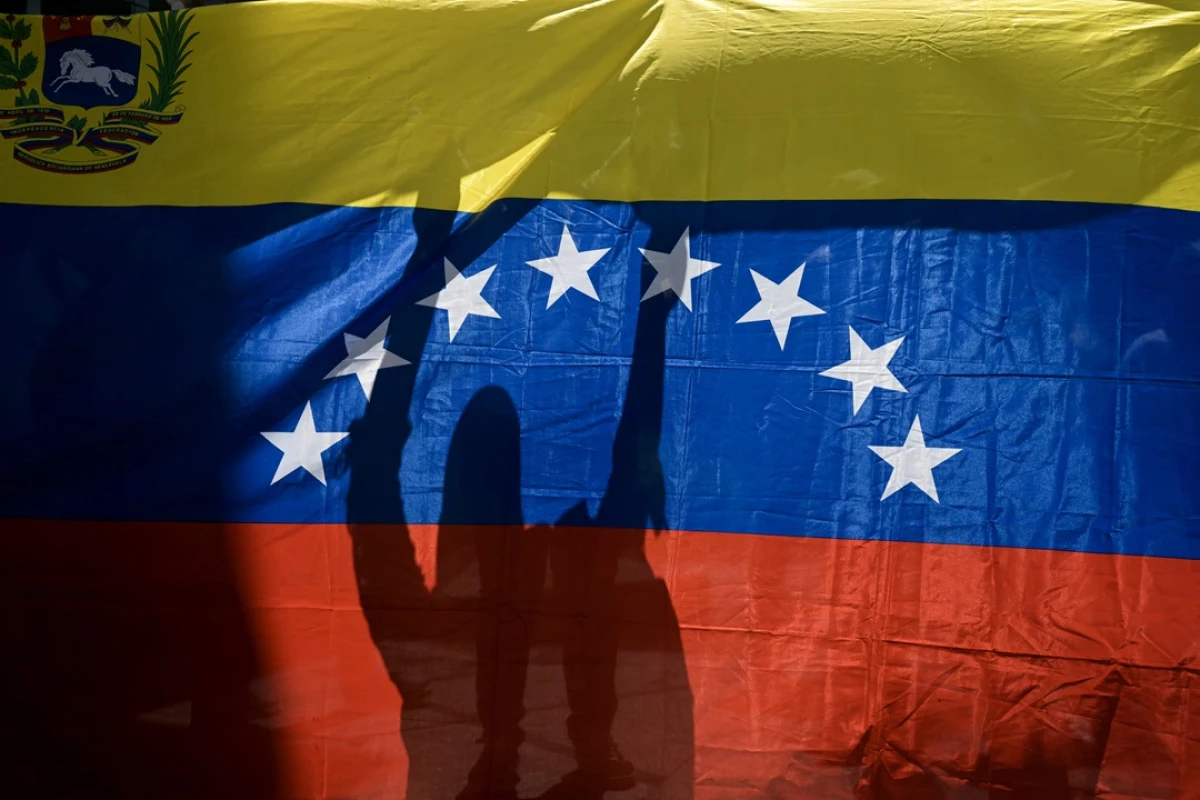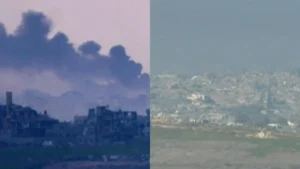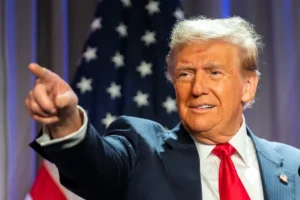
One month after the inauguration of the president of Venezuela for the period 2025-2031, uncertainty increases in the country, given the position of the two main leaders, the ruling party and current president, Nicolás Maduro – whom the National Electoral Council (CNE) awarded the victory in the elections last July -, and the opponent Edmundo González Urrutia, who claims victory.
On January 10, the president elected in these elections must go to the headquarters of the National Assembly (Parliament), controlled by Chavismo, to take the oath of office.amid accusations between the ruling party and the opposition that has caused an increase in political tension, while anti-Chavismo denounces the increase in “repression.”
Also read: President Petro responds to the House’s request not to attend Maduro’s inauguration
Below are some keys about the political scenario for the new presidential period.
1-What do the protagonists say?
President Nicolás Maduro stated on several occasions that he will attend the Parliament headquarters to be sworn in as head of state, after having received – he said – an invitation from the Legislative board of directors for said act on January 10.
Presidency of Venezuela
Maduro, in fact, called on Chavismo supporters this Tuesday to mobilize “by the millions” on January 10. The head of state invited his followers to take to the streets that day to “swear for Venezuela, to swear for independence, to swear for the Bolivarian homeland,” while promising to “unite, in a single fist of strength, “all the historical strength” of General Ezequiel Zamora, the Liberator Simón Bolívar and the late President Hugo Chávez to carry out “great transformations and changes.”
Nonetheless, González Urrutia – exiled in Spain since September – insists that his intention is to return to Caracas to be sworn in as president in January, as he reiterates that he was the winner of the elections. In addition, he said he was “morally prepared” for an eventual arrest upon his return to Venezuela.
Also read: Visa V for Venezuelans in Colombia: what it is, requirements and until when it is valid
“I see myself assuming the position for which I was voted by the majority of Venezuelans,” said the opposition leader this Tuesday, who led an event, with the virtual participation of María Corina Machado. The opposition leaders denounced the violations of a “criminal regime”, in the words of González Urrutia, and demanded that international pressure not to wane to achieve the departure of Nicolás Maduro, during an event organized in Madrid.
2. What do Chavismo and the opposition say?
The main political blocs in the country each support their candidate. Chavismo – including State institutions such as the Supreme Court of Justice and the Attorney General’s Office – defends Maduro’s controversial victory and accuses the opposition of preparing alleged conspiracies and coup plans.

The opposition – grouped in the Democratic Unitary Platform (PUD) – rejects these accusations and advocates “materializing” a “peaceful transition”, for which it has called on Maduro to “recognize his defeat”and calls for more support from countries on all continents and human rights organizations, as well as the International Criminal Court (ICC).
Also read: “Breaking relations and closing borders has not worked”: Colombian vice chancellor on Venezuela
The opposition leader María Corina Machado, one of the strongest voices against Chavismo, affirmed this Tuesday that her country faces a “regime in a terminal phase”, “dangerous and brutal”, which shows signs of “despair”, and She was convinced that “on January 10, the one who is against the wall is Maduro.” “The regime is deeply divided and fractured,” Machado said.
On January 10, according to Machado, Venezuelan President Nicolás Maduro has two options: “either he accepts the terms of a negotiation and Edmundo González is sworn in and we all win, including the regime itself,” or “he continues with blood and fire” to prolong the “tyranny” and would commit the “worst mistake”, because “the pressure would increase”.
3. What does the National Electoral Council say?
The electoral body proclaimed Maduro as the winner, but to date it has not published a breakdown of the results that confirm this victory.despite repeated calls from anti-Chavistas and several countries, including Brazil and Colombia.
Since that proclamation, the CNE board has not made statements or interviews again, and its website continues to not work after a “massive computer attack,” as denounced in July by the president of the institution, the Chavista Elvis Amoroso.
4. What is the position of the international community and Colombia?
Countries such as Italy, Ecuador, Argentina and bodies such as the European Parliament, the Senate of Colombia and the Congress of Costa Rica have recognized González Urrutia as the winner of the presidential elections, and the United States has considered helping the opponent return to Venezuela if he is asks them for help.

EITAN ABRAMOVICH/AFP
Meanwhile, traditional allies of Chavismo such as Cuba, Nicaragua, Iran, China and Russia recognize Maduro’s victory, while Colombia and Brazil, considered allies of the Venezuelan Executive, have reiterated that “if there are no minutes, there is no recognition.”
Also read: Colombia will not recognize electoral results from Venezuela, but will maintain relations with that country
In fact, in the case of Colombia, the Government of Gustavo Petro has insisted that there will be no recognition without published electoral records, but it does not put a break in relations on the table either. “Colombia will maintain relations with the Government of Venezuela regardless of the qualification of the electoral process on July 28,” The Vice Minister of Foreign Affairs, Jorge Rojas, recently said in an interview with the newspaper El Tiempo, who added: “Relations with Venezuela are a matter of State. Breaking relations as demonstrated did not work and did a lot of damage to an already historic relationship. security”.

Daniel Pérez / EFE
Meanwhile, the Colombian House of Representatives approved this Monday a proposal asking President Petro not to attend the inauguration of Nicolás Maduro as president of Venezuela on January 10, because the voting records are not yet known.
5. The protests
The anti-Chavista protests have stopped being large street concentrations, a product of the mass detention of people after the elections, and have become small vigils that They demand the release of these citizens, added to the appearance of graffiti in different regions in which the triumph of González Urrutia is reiterated..
Chavismo has called for demonstrations to “celebrate” Maduro’s controversial victory, almost always after the PUD calls for a protest, both inside and outside the Caribbean nation.
Source: https://www.noticiascaracol.com/mundo/incertidumbre-en-venezuela-a-un-mes-de-la-toma-de-posesion-presidencial-las-claves-de-la-crisis-cb20


